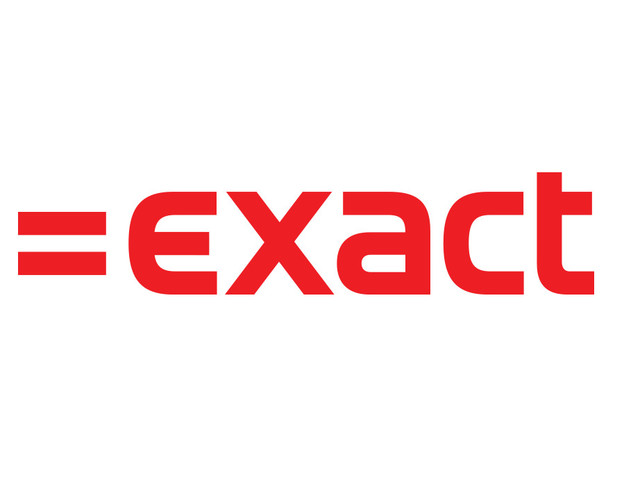News
Alexander Rahusen, Exact CFO, on responsible business: “It’s not a goal, but a driver”

Software developer Exact has a clear mission: to help companies achieve future-proof growth. This mission is grounded in smart business software, which enables small and medium-sized organisations to work more efficiently. But that is not all. According to Alexander Rahusen, Exact’s Chief Financial Officer, future-proof growth goes beyond efficiency and profitability. Creating added value for colleagues, the environment and society is just as important. How does Exact do this? We put five questions to Alexander Rahusen about responsible business.
1. What's Exacts definition of responsible business?
“It’s a good idea to start by reflecting on the definition of responsible business. Many different expressions are used to explain what responsible business means, including Corporate Social Responsibility (CSR) and Environmental, Social and Governance (ESG). At Exact, we have opted for ‘responsible business’, because that speaks to people and is also nicely all-encompassing. For us, responsible business goes beyond sustainability or reducing carbon emissions; it also includes social elements, such as good employership, diversity & inclusion and contributing to society.”
2. What characterises your organisation when it comes to responsible business?
“I think we are definitely characterised by our level of engagement. That’s crucial, because I strongly believe responsible business should not be a goal, but a driver. That is the only way to achieve success. The fact that our policy is very broad contributes to this. There is always an element that appeals to you as an employee of Exact and so gives you the feeling of being involved. Moreover, responsible business is not a separate department. It is intertwined in all layers of our organisation, making it everyone’s responsibility. I’m proud to say that at Exact, we have an intrinsic motivation to do business responsibly.”
"We want to inspire others to act responsibly as well, only then will our mission succeed."
3. Where do you focus on and how do you put responsible business into practice?
“We have set up a programme based on five pillars. This includes reducing our energy & carbon footprint, increasing diversity & inclusion on the work floor and the establishment of a responsible supply chain, but also, for example, contributing to the local community in which we operate. An example of this is our Giving Back Days: each year colleagues are allowed to devote three working days to volunteer work of their choice. The programme helps to clarify our focus. Furthermore, we have linked targets to each pillar and make sure to report on their achievement.”
4. When will you consider your mission to have been accomplished?
“Our company has actually been incorporating responsible business for a long time, but we have not drawn such explicit attention to this before. We are doing so now, though. Saying you’re doing good is all very well, but you also need to show it. Therefore, we have set concrete goals and are transparent about the results we achieve. Take our carbon emissions target: by 2030, we would like to have reduced our emissions by 50% compared to 2019. Currently, our footprint has already decreased by more than 30%. On our website we publish annually how we meet our goals. In this particular example, we minimised travel, barely flew at all and used more green electricity. Will our mission be a success once we have achieved all our targets? No, or only in part: by being transparent about our policy, we hope to inspire others to also do business responsibly. Only then will our mission be successful.”
5. Do you have any tips for other entrepreneurs who wish to do business responsibly?
“First of all, work on engagement. Focus on initiatives that are close to the organisation, that motivate you intrinsically, and also talk about them with your employees and customers. For example, privacy and data security are important elements of our own policy. That’s something that we’re good at and where we can make a difference for others. Also, don’t make responsible business a separate department. Integrate it throughout your organisation, so that your strategy is supported by everyone. Finally, create a policy that is concrete and measurable, and report on your initiatives.”



